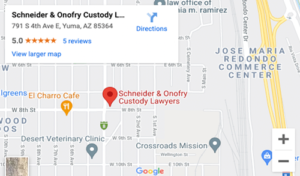10 Steps for Protecting Your Wealth
Professional Athlete’s Survival Guide – 2018 Because of the large dollars involved with sports, professional athletes are in a position to do great things for themselves, their families, and whatever cause they choose to champion. They can establish a legacy for generations to come. But they can also squander that opportunity. Your first two years […]















